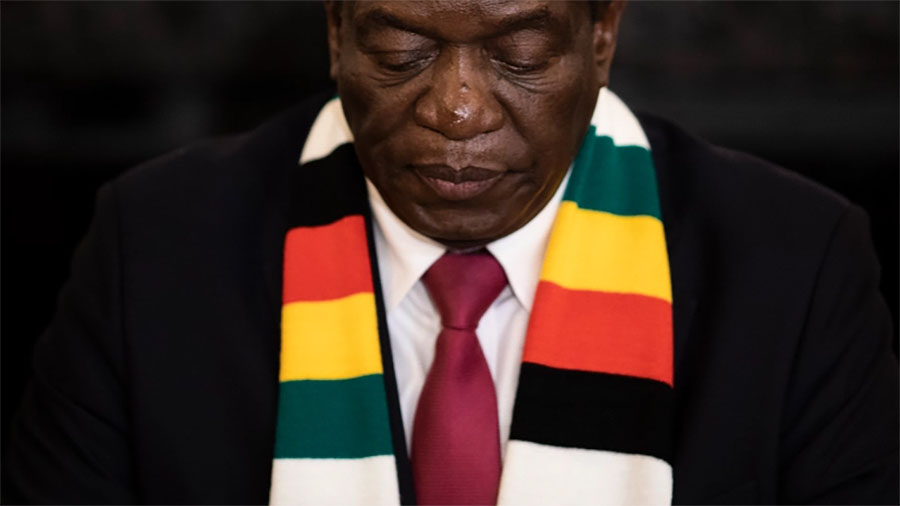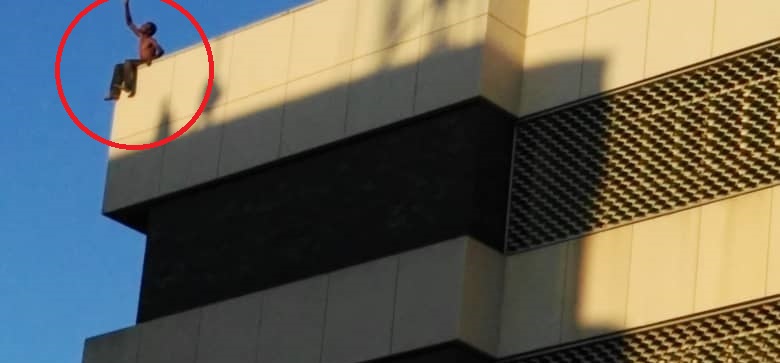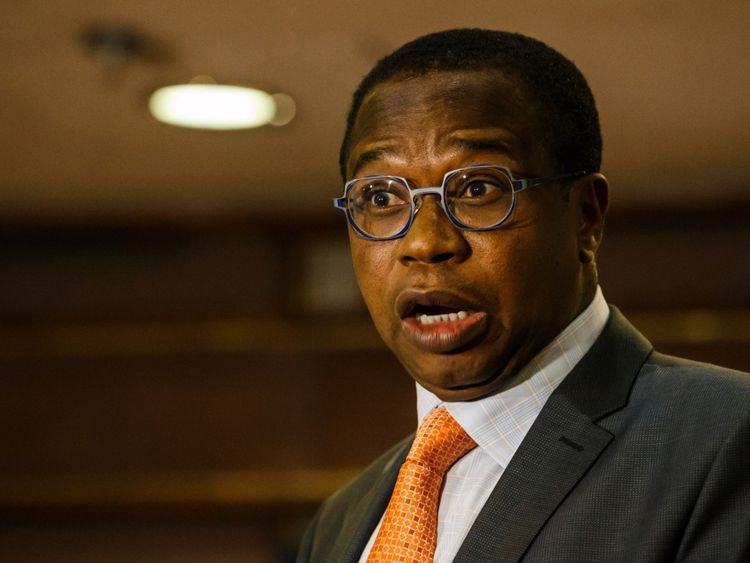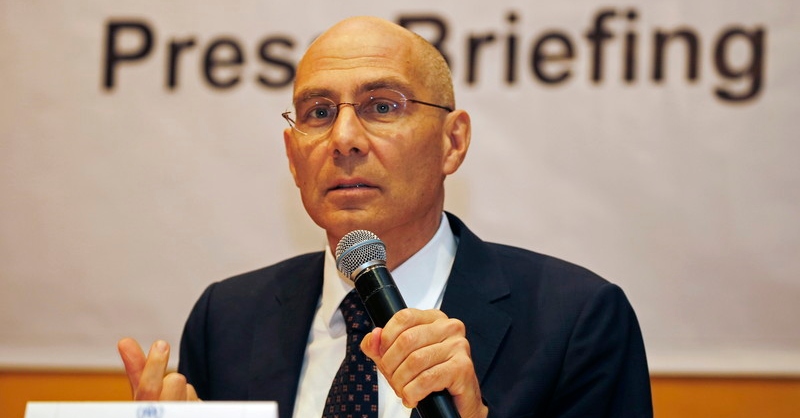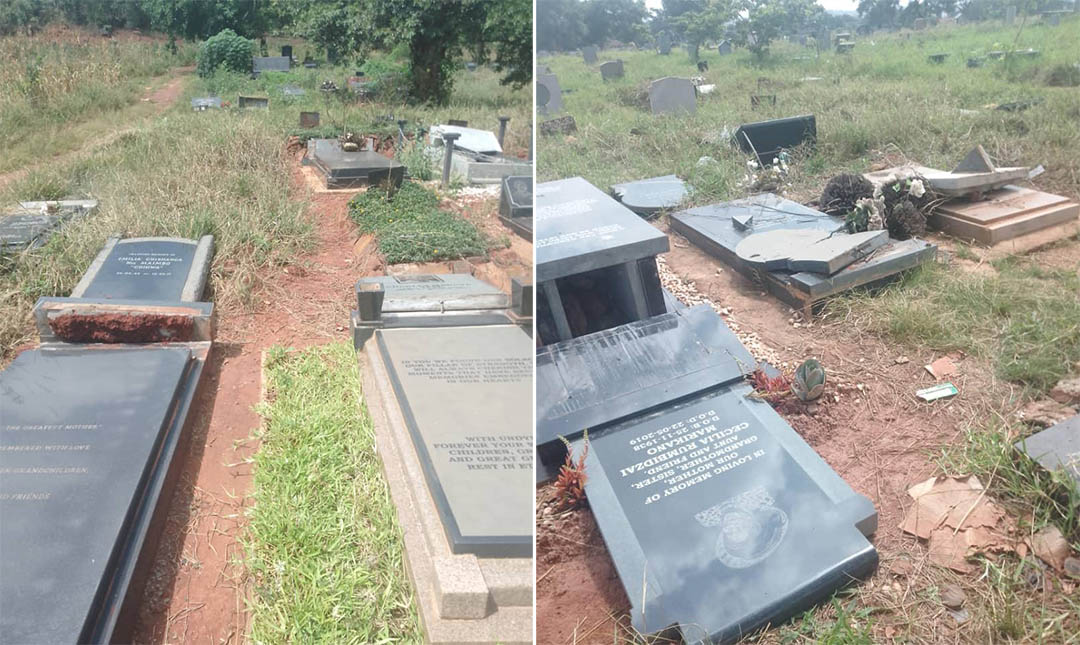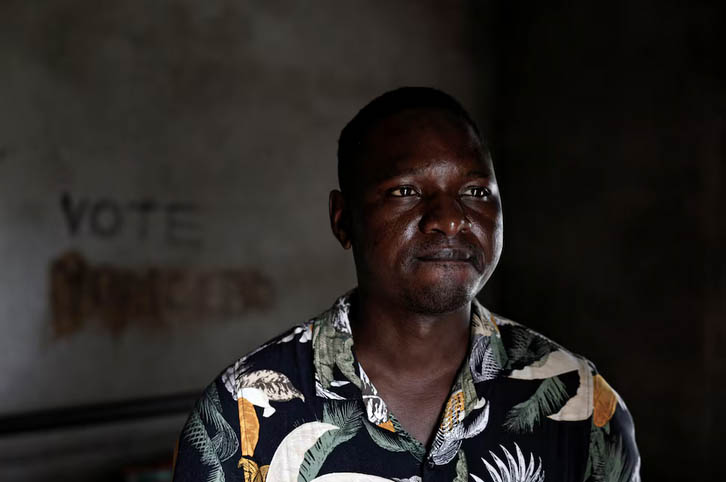HARARE – President Emmerson Mnangagwa is fighting for his political life ahead of a Zanu PF congress slated for October, according to political analyst Ibbo Mandaza.
Mandaza believes the Zanu PF leader, 79, could be ousted through “political manoeuvring” rather than a military coup as happened to his predecessor, Robert Mugabe, in 2017.
The SAPES Trust director spoke amid growing reports that vice president Constantino Chiwenga is poised to mount an unprecedented challenge to the Zanu PF leader who is eyeing a second term.
Expelled Zanu PF activists Godfrey Tsenengamu and Jim Kunaka have fuelled the speculation with pointed comments in recent days, suggesting Chiwenga – who led the 2017 coup as Zimbabwe Defence Forces commander – wants Mnangagwa to honour a “gentleman’s agreement” that he would serve just one term.
Mandaza now questions if Mnangagwa will be Zanu PF’s candidate in general elections due in the second half of 2023.
“The utterances by Kunaka and Tsenengamu are yet another indication that all is not well in Zanu PF, that the factionalism is building to a climax ahead of the purported congress and above all that Mnangagwa’s political survival hangs in the balance,” Mandaza opined on Tuesday.
“But I rule out another coup; these appear to be political plots to outmanoeuvre Mnangagwa and force him to relent without a fight.”
Zanu PF insiders claim Chiwenga’s backers have drawn up two scenarios: to force Mnangagwa to relent ahead of or during the congress, or if that strategy fails to remove him by force, a move which would succeed only if Chiwenga still holds sway in the military.
In the first scenario, they say Chiwenga will then take over as Zanu PF leader. He would be reluctant, the insiders are briefing, to take the reins if Mnangagwa is forcibly removed – opening the door for the faction’s preferred “civilian leader”, the exiled former minister Saviour Kasukuwere.
Mandaza says even if Mnangagwa prevails, he could find that Chiwenga loyalists will not help his campaign, instead they would likely give their votes to main opposition leader Nelson Chamisa, a phenomenon known as “bhora musango (literally meaning kicking the football into the bush).”
“The bhora musango scenario appears more threatening than it did in 2008 (when Mugabe lost in the first round to opposition challenger Morgan Tsvangirai). But that’s assuming Mnangagwa is a contender in 2023,” said Mandaza. “I think it’s his (Chamisa’s) to lose, the presidential race in 2023, as things stand; but only through a broad alliance can the Citizens Coalition for Change garner a parliamentary majority.
“And even after that, it would be advisable in my view to include selected Zanu PF stalwarts in the name of reconciliation and nation-building, especially after this bruising period of the last two decades that has left the country broken and divided.
“Observations in some circles suggest Chamisa will need Kasukuwere in that broad alliance, but the selection I’m talking about should not be confined to key Zanu PF stalwarts who will have acquitted themselves in the parliamentary elections, but also Zimbabweans in the diaspora and in all cases taking cognisance of regional, ethnic representation and meritocracy.”
CCC national spokesperson Fadzayi Mahere, when asked if the opposition was considering an alliance with Kasukuwere, said the decision was up to the citizens.
“The CCC is a coalition of citizens whose aim is to win elections and form a government that puts the citizens first in all decision-making,” Mahere said.
“The only qualification for one to join this broad-based citizens’ movement is being a citizen of Zimbabwe. We are actively engaged in a mass mobilisation programme to ensure we secure six million votes in 2023, to guarantee a landslide victory. On all matters that concern the movement, the citizens will be consulted widely and we will implement their wishes.”
